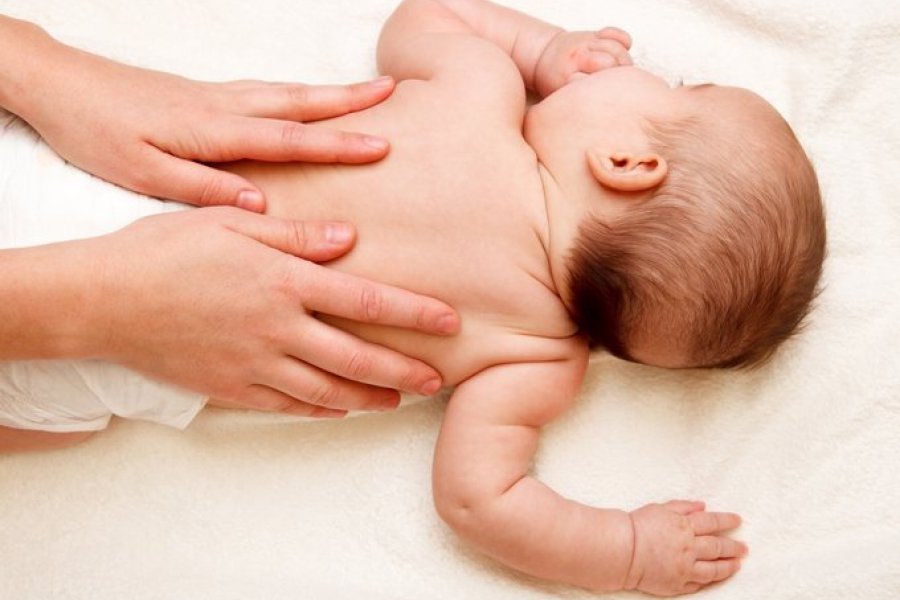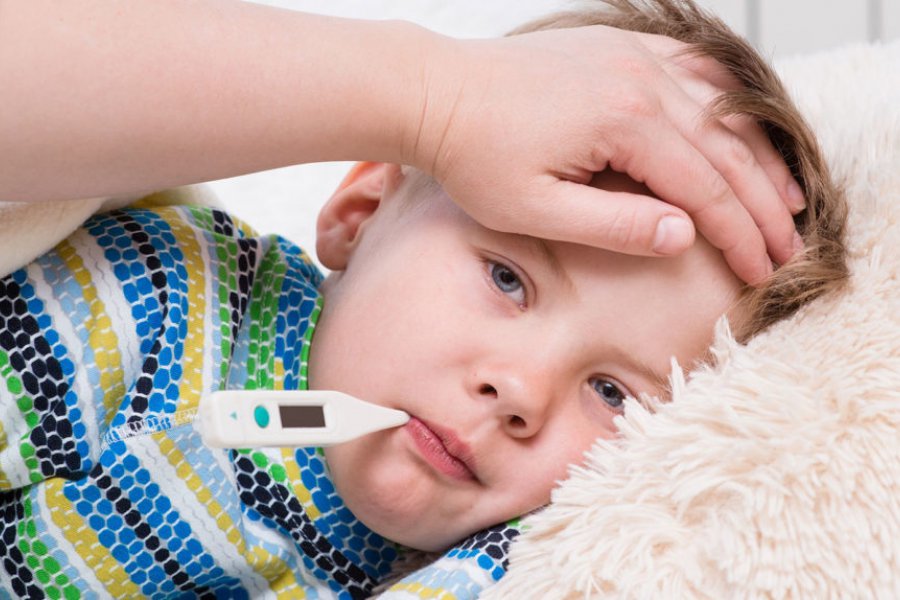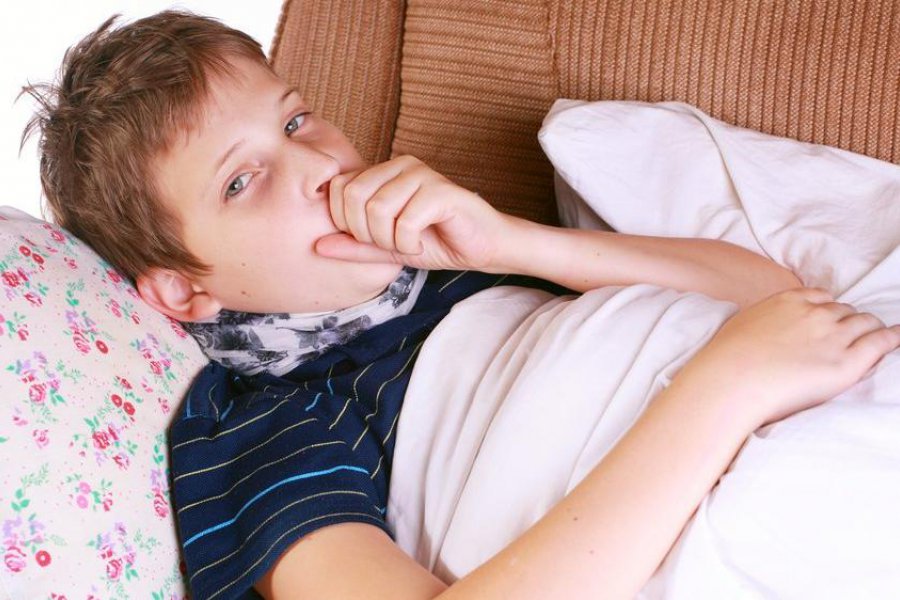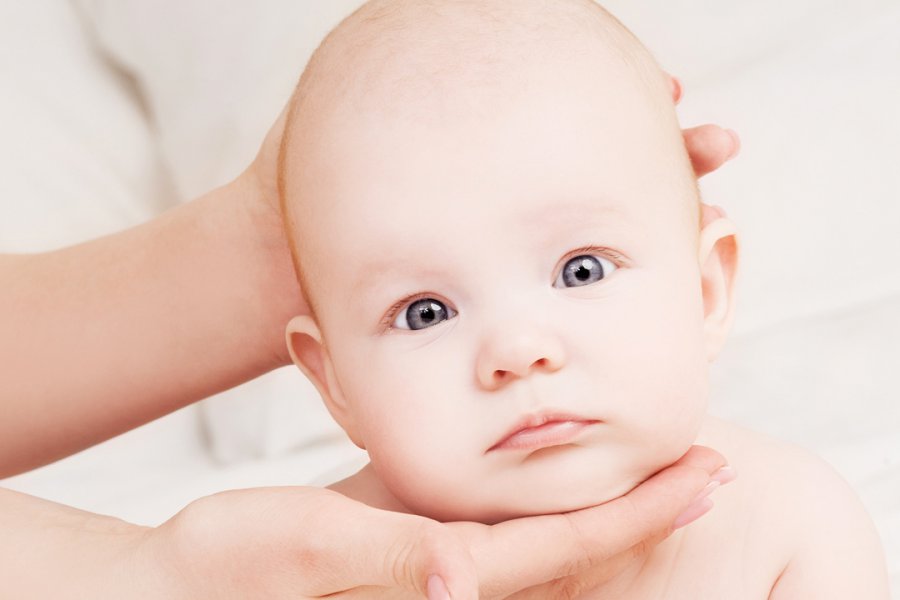Dizziness in children
Dizziness in children is often a symptom in which a child feels himself or his surroundings spinning. Dizziness is a common complaint among children and can have many different causes.
Dizziness in children is often a symptom in which a child feels himself or his surroundings spinning. Dizziness is a common complaint among children and can have many different causes. Causes of dizziness may include:
Inner Ear Problems: Problems in the balance organs in the inner ear can cause dizziness. Examples of these inner ear problems include benign paroxysmal positional vertigo (BPPV) and inner ear infections.
High Fever: Febrile diseases can cause dizziness in children. It may occur especially in case of high fever.
Fall or Trauma: A blow to the head or an injury that causes dizziness can cause dizziness.
Anemia: Iron deficiency anemia can cause symptoms such as dizziness.
Hypoglycemia: Low blood sugar levels can cause dizziness. This can be especially seen in fasting situations or in children with diabetes.
Sinusitis or Upper Respiratory Tract Infections: Sinusitis or upper respiratory tract infections can cause dizziness.
Migraine: In some children, migraine attacks may be accompanied by dizziness.
Stress and Anxiety: Children can also experience dizziness due to stress and anxiety.
Medication Side Effects: Children may experience dizziness as a side effect of the medications they use.
Treatment of dizziness varies depending on identifying the underlying cause and creating a treatment plan that targets that cause. Treatment may vary depending on the severity of symptoms, frequency of recurrence, and the age of the child. Here are some common approaches to treating dizziness:
Treatment of the Underlying Cause: The cause of dizziness is determined and the appropriate treatment method is applied. For example, exercises or medications for inner ear problems may be used.
Muscle Sedatives: If there is nausea and vomiting along with dizziness, muscle sedatives prescribed by the doctor can be used.
Anxiety Management: If stress or anxiety is causing dizziness, anxiety management techniques or therapy may be recommended.
Balanced Diet: If dizziness is caused by malnutrition, the child may be encouraged to follow a better diet.
Drinking Fluids: Dehydration can cause dizziness, so it is important that the child drinks enough fluids.
If dizziness becomes severe or persistent, or is accompanied by other serious symptoms, it is important to see a pediatrician. Professional medical evaluation may be required to determine the cause of dizziness and initiate appropriate treatment.






